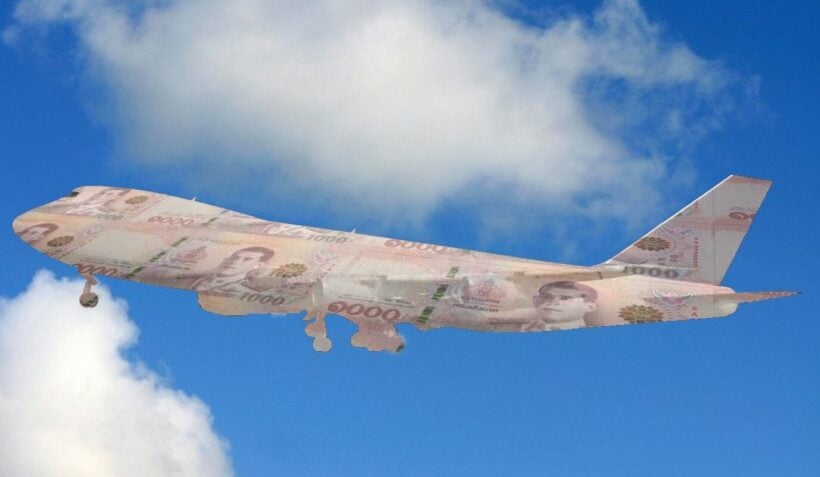LTR visa: will the benefits lure expats to drive the economy?

The new 10-year long-term resident visa was launched on Thursday to convert visitors into expats by offering benefits and tax breaks to attract foreigners from around the world. Though, they’ve made clear that they’re looking only for the top-tier wealthy travellers to move to Thailand and take advantage of the LTR visa.
The new visa is only offered exclusively to four types of people. First, it’s available to retirees over 50 with a large annual pension or proof of a stable high-income. Second, to those who have sunk at least US$1 million into investments and assets within the kingdom. Third, the LTR visa will be offered to remote digital nomad workers, but only those employed by major corporations with large valuations. And finally, Thailand hopes to snag experts in certain industries and the most skilled workers, recruiting them to training institutes, research centers, universities, big businesses, and government agencies.
If a person does qualify in one of these four categories, they will be able to get an equivalent visa for any children under 20 the travel with them, as well as a spouse, with a maximum of four dependents per LTR visa. The government announced the initial ideas for this visa a year ago and intends to draw at least one million of these rich and highly-skilled expats the move to Thailand over the next five years, a prime minister advisor stated.
The programme put together what it feels is an attractive array of benefits including replacing the 90-day immigration check-in with a yearly check-in, multiple re-entry permits, a 10-year renewable visa, the ability to work in Thailand with the visa, a 17% tax rate, and even fast track options at international airports.
Despite its rather exclusive target audience, the government believes the LTR visa will generate one trillion baht in annual revenues from these new rich expats investing, buying properties, and spending loads of money in the country. With a sluggish 3.3% economic growth expected this year, the government hopes wealthy expats will drive a 4.2% growth next year, as tourism traditionally accounts for at least 12% of the gross domestic product of Thailand.
The government also hopes, aside from a direct boost to the economy straight from expat pockets, the new LTR visa will lure enough talent to push Thailand to the forefront of emerging markets like electric vehicles, digital technology, and smart electronics.
An alternative long-term Thailand Visa is Thailand Elite which is a one-stop approach and has options from 5-20 years. For more details click HERE.
SOURCE: Bangkok Post
Latest Thailand News
Follow The Thaiger on Google News:


























